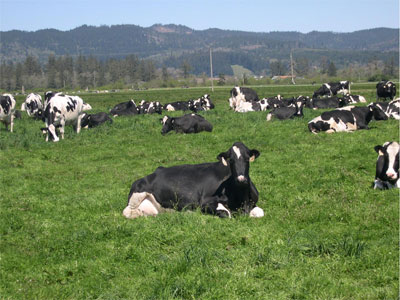Saideh JamshidiRima Fakih, the 24-year-old Arab-American immigrant of Dearborn, Michigan, won the pageant at the Planet Hollywood Resort and Casino in Las Vegas. She was titled the Miss USA 2010 this week.
Fakih is the first Arab Muslim American to win the national title, although, in her interviews, she said that her family observes both Islam and Christianity. She moved with her family from Lebanon to the United States when she was 7 years old and graduated from the University of Michigan - Dearborn with a degree in economics and business in 2003.

Reaction to Fakih’s victory among Arab Americans has been enormous. Warren David is the publisher of arabdetroit.com. He said that more than 90 percent of the comments they have received on their website are favorable to Fakih’s victory. “We have had more than one million hits on our website during the last 2 days,“ David said.
Detroit is the hub of Arab Americans. Southeast Michigan is home of a very big population of Arab American residents in the United States; in Dearborn, about one-third of the people have roots in the Arab world.
The victory of Fakih is considered good news according to David. After September 11, “Arab Muslims were equated with terrorism. One can find negative images in books and all kinds of literature,” David said, “but this is a congratulatory position when you see a woman of Arab heritage who has been identified with such a main stream title.”
Although the Muslim communities celebrated Fakih’s victory, some people have raised their eyebrows over her performances at the “stripper 101” contest – not nude – as the pole dancer on the stage. Fakih won the contest in an all-female audience sponsored by a local radio station.
“People may have different positions [over Fakih’s victory],” Imad Hamad, Regional Director of the American Arab Anti-Discrimination Committee, or ADC, said. “But I think it is simple: if you like it, solute it, enjoy it; if you don’t like it simply say good luck. If you don’t’ want to say good luck, say tough luck and turn your back. We, as Americans, enjoy the freedom of choice and expression in this country,” Hamad said.
Hamad believes that the biggest challenge of the Arab American communities, after the September 11 tragedy, has been to defend themselves and to prove that they are “truly Americans.” Hamad said, “Having Rima taking the challenge is itself a statement.” He added, “This is the challenge President Obama took when he said Yes We Can. And as for Rima, her victory is a simple reflection of the Yes We Can mantra by showing that Arab and Muslim Americans can achieve big dreams in this country.”
Fakih is booked to conduct more than 30 national interviews within the next week. There have been more than 18 million “google” searches of her name. Although the controversy over the pole dancing still exist, Fakih’s victory is mostly being celebrated by young people of Middle Eastern heritage.







